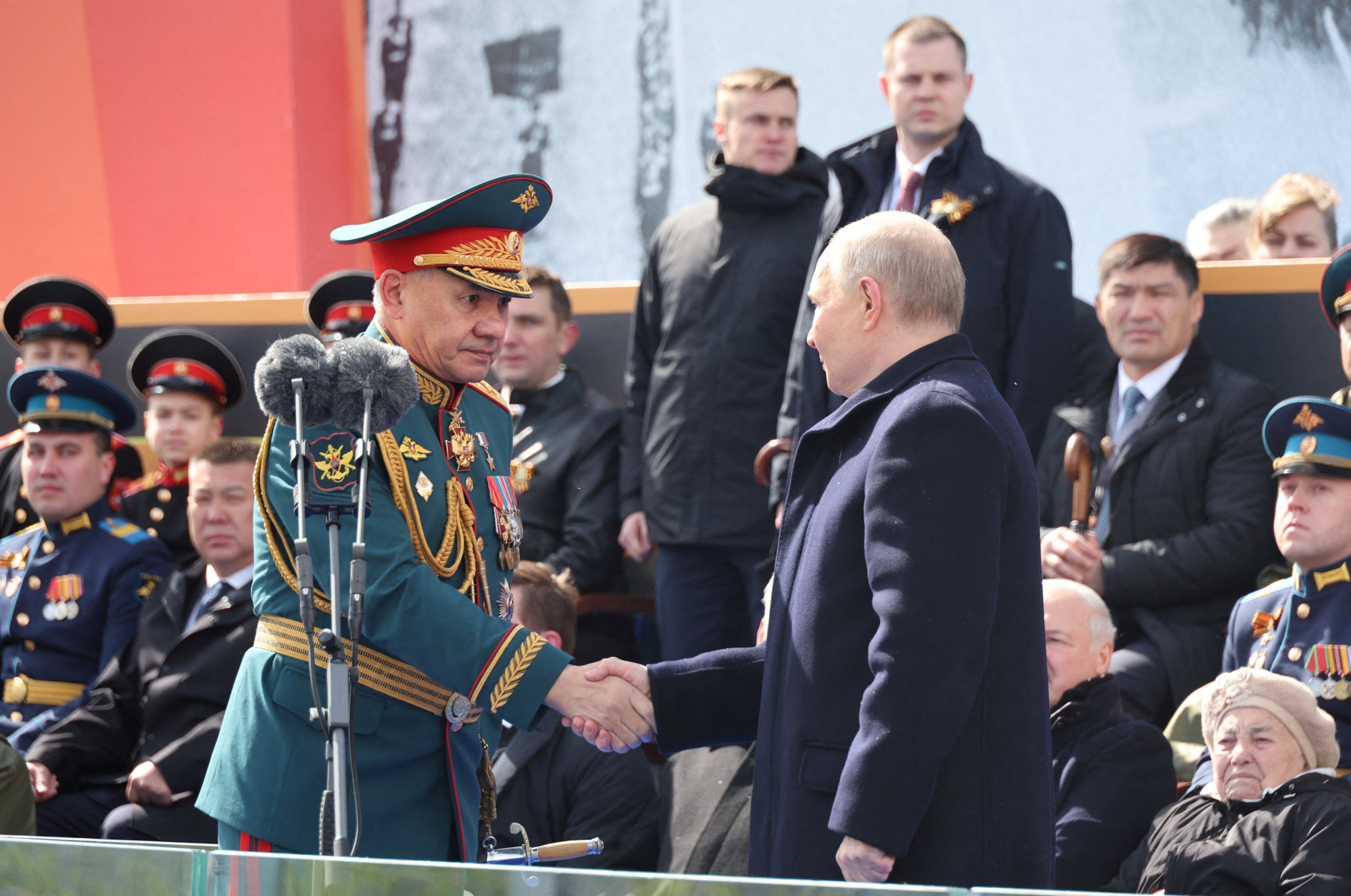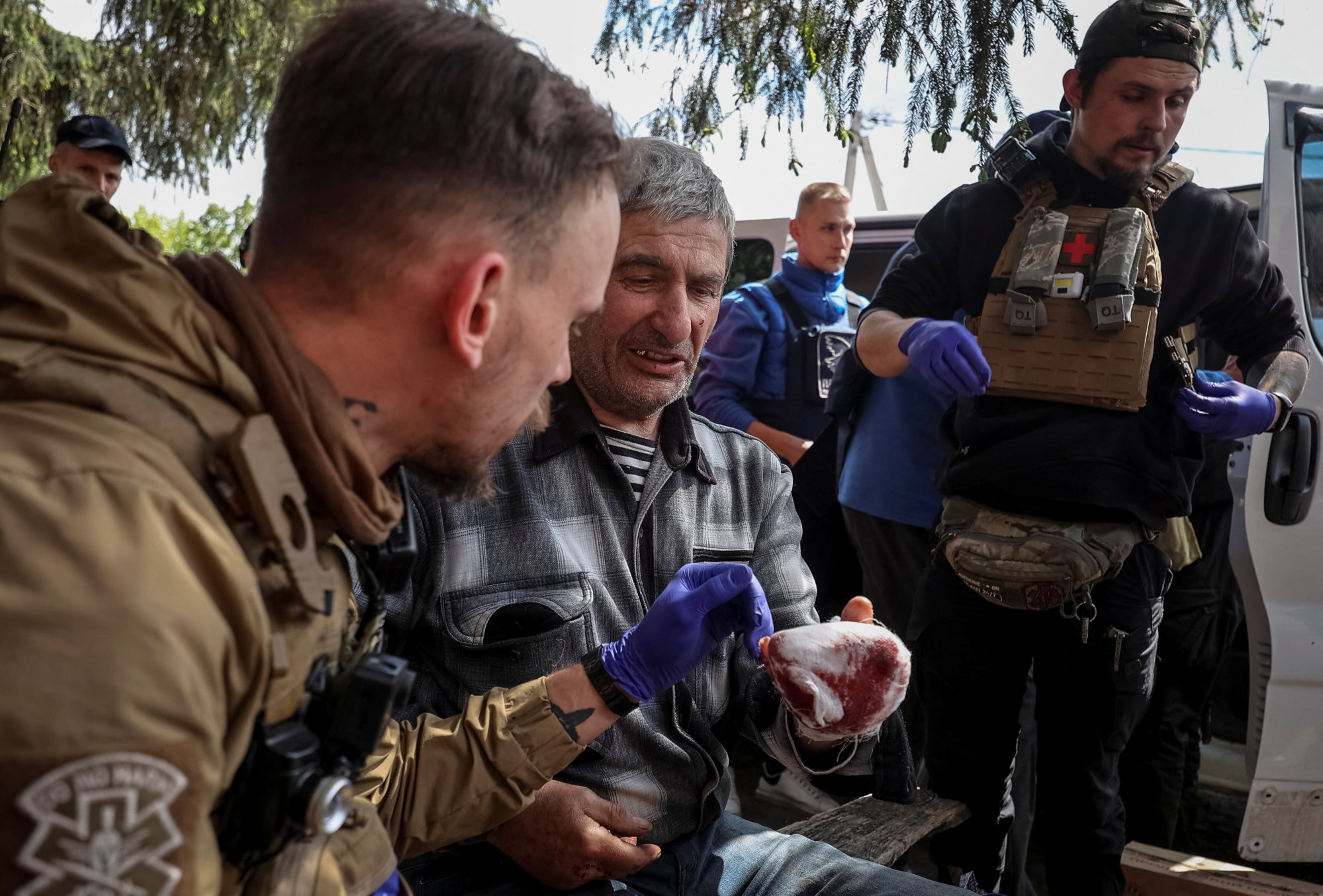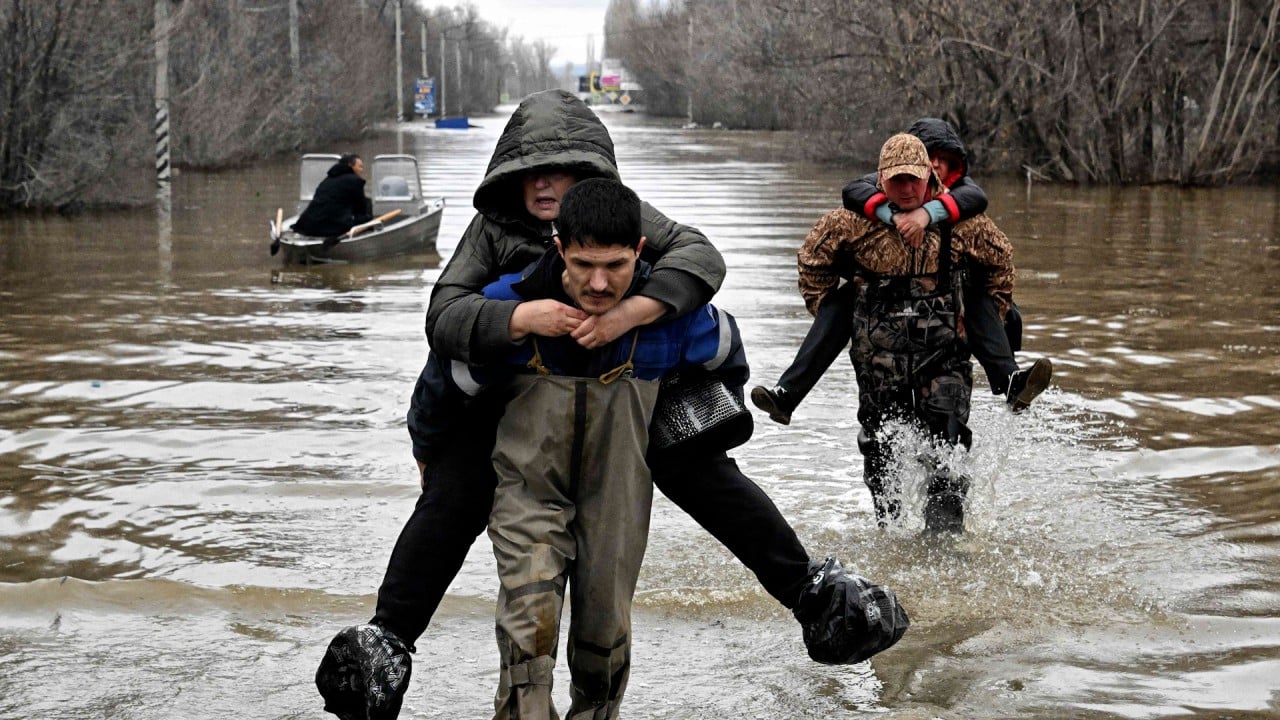Valery Gerasimov, the chief of Russia’s General Staff, will remain in his post as will Sergey Lavrov, the country’s veteran foreign minister, the Kremlin said.

Belousov’s appointment must now be approved by Russian lawmakers.
The change comes weeks after Timur Ivanov, a Russian deputy defence minister in charge of military construction projects, was jailed pending an investigation and trial on charges of bribery.
In line with Russian law, the entire Russian cabinet resigned on Tuesday when Putin began his fifth presidential term at a glittering Kremlin inauguration.
The intense battles have forced at least one Ukrainian unit to withdraw in the Kharkiv region, capitulating more land to Russian forces across less defended settlements in the so-called contested grey zone along the Russian border.
By Sunday afternoon, the town of Vovchansk, among the largest in the northeast with a pre-war population of 17,000, emerged as a focal point in the battle.
Volodymyr Tymoshko, the head of the Kharkiv regional police, said Russian forces were on the outskirts of the town and approaching from three directions.
“Infantry fighting is already taking place,” he said.
A Russian tank was spotted along a major road leading to the town, Tymoshko said, illustrating Moscow’s confidence to deploy heavy weaponry.
An Associated Press team, positioned in a nearby village, saw plumes of smoke rising from the town as Russian forces hurled shells. Evacuation teams worked throughout the day to take residents, most of whom were older, out of harm’s way.

At least 4,000 civilians have fled the Kharkiv region since Friday, when Moscow’s forces launched the operation, Governor Oleh Syniehubov said in a social media statement. Heavy fighting raged Sunday along the northeast front line, where Russian forces attacked 27 settlements in the past 24 hours, he said.
Analysts say the Russian push is designed to exploit ammunition shortages before promised Western supplies can reach the front line.
Ukrainian soldiers said the Kremlin is using the usual Russian tactic of launching a disproportionate amount of fire and infantry assaults to exhaust their troops and firepower. By intensifying battles in what was previously a static patch of the front line, Russian forces threaten to pin down Ukrainian forces in the northeast, while carrying out intense battles farther south where Moscow is also gaining ground.
It comes after Russia stepped up attacks in March targeting energy infrastructure and settlements, which analysts predicted were a concerted effort to shape conditions for an offensive.
Additional reporting by Associated Press


